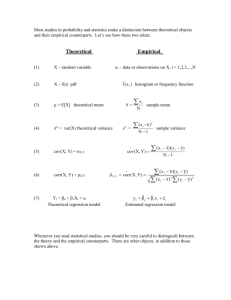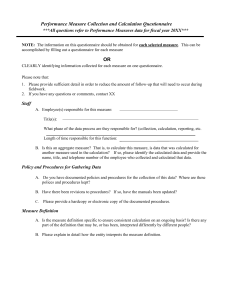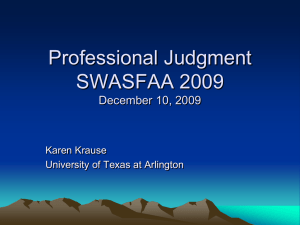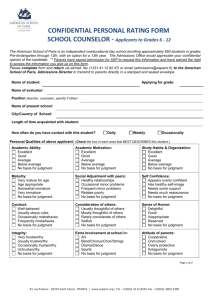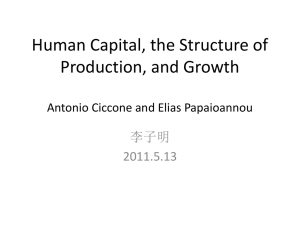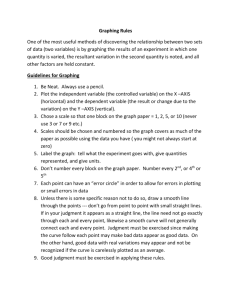view comments
advertisement
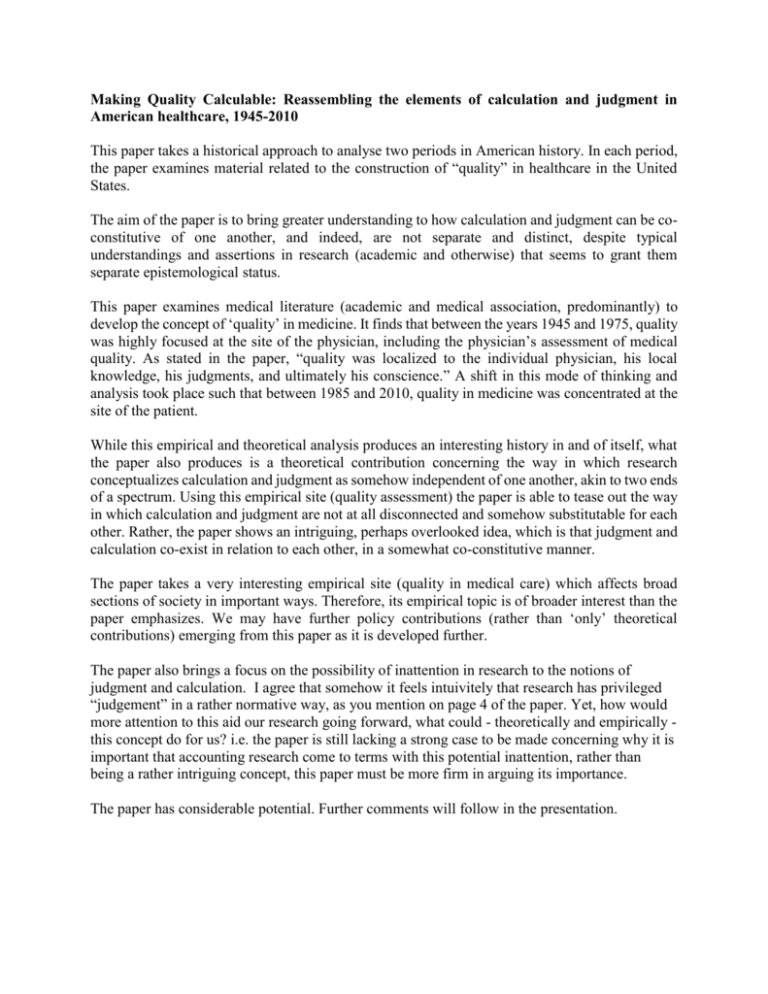
Making Quality Calculable: Reassembling the elements of calculation and judgment in American healthcare, 1945-2010 This paper takes a historical approach to analyse two periods in American history. In each period, the paper examines material related to the construction of “quality” in healthcare in the United States. The aim of the paper is to bring greater understanding to how calculation and judgment can be coconstitutive of one another, and indeed, are not separate and distinct, despite typical understandings and assertions in research (academic and otherwise) that seems to grant them separate epistemological status. This paper examines medical literature (academic and medical association, predominantly) to develop the concept of ‘quality’ in medicine. It finds that between the years 1945 and 1975, quality was highly focused at the site of the physician, including the physician’s assessment of medical quality. As stated in the paper, “quality was localized to the individual physician, his local knowledge, his judgments, and ultimately his conscience.” A shift in this mode of thinking and analysis took place such that between 1985 and 2010, quality in medicine was concentrated at the site of the patient. While this empirical and theoretical analysis produces an interesting history in and of itself, what the paper also produces is a theoretical contribution concerning the way in which research conceptualizes calculation and judgment as somehow independent of one another, akin to two ends of a spectrum. Using this empirical site (quality assessment) the paper is able to tease out the way in which calculation and judgment are not at all disconnected and somehow substitutable for each other. Rather, the paper shows an intriguing, perhaps overlooked idea, which is that judgment and calculation co-exist in relation to each other, in a somewhat co-constitutive manner. The paper takes a very interesting empirical site (quality in medical care) which affects broad sections of society in important ways. Therefore, its empirical topic is of broader interest than the paper emphasizes. We may have further policy contributions (rather than ‘only’ theoretical contributions) emerging from this paper as it is developed further. The paper also brings a focus on the possibility of inattention in research to the notions of judgment and calculation. I agree that somehow it feels intuivitely that research has privileged “judgement” in a rather normative way, as you mention on page 4 of the paper. Yet, how would more attention to this aid our research going forward, what could - theoretically and empirically this concept do for us? i.e. the paper is still lacking a strong case to be made concerning why it is important that accounting research come to terms with this potential inattention, rather than being a rather intriguing concept, this paper must be more firm in arguing its importance. The paper has considerable potential. Further comments will follow in the presentation.

